Letter recognition Letter Sounds Worksheets for Ages 5-7
15 filtered results
-
From - To
Enhance your child's reading skills with our engaging Letter Recognition and Letter Sounds Worksheets designed for ages 5-7. These interactive resources facilitate the early identification of letters and their corresponding sounds, laying a strong foundation for literacy. Our worksheets feature vibrantly illustrated activities that make learning fun and effective, encouraging children to engage with the alphabet through variety and creativity. Perfect for educators and parents alike, these materials are ideal for classroom use or at-home teaching. Foster a love for reading while helping your child develop essential phonemic awareness and confidence in their literacy journey with our expertly crafted worksheets.
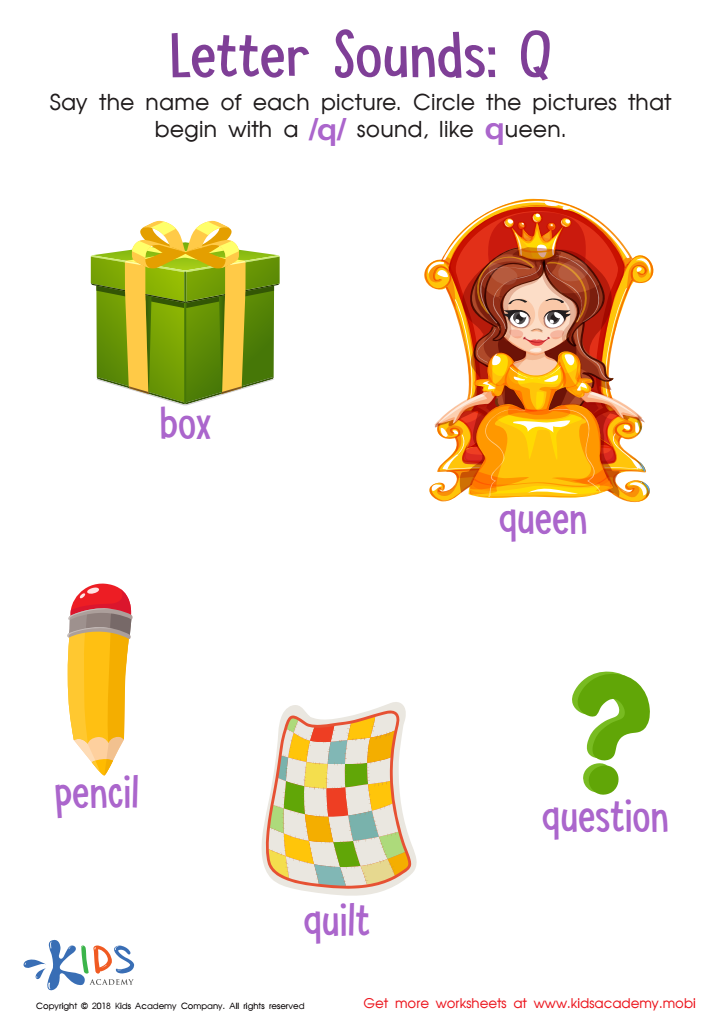

Letter Q Sounds Worksheet
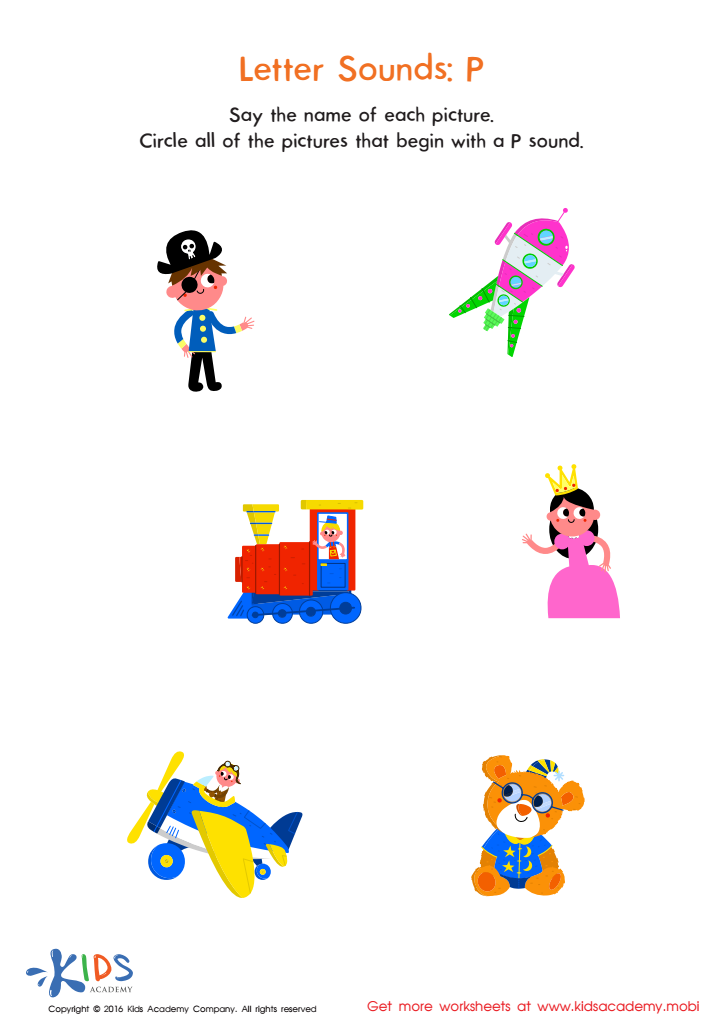

Letter P Sound Worksheet
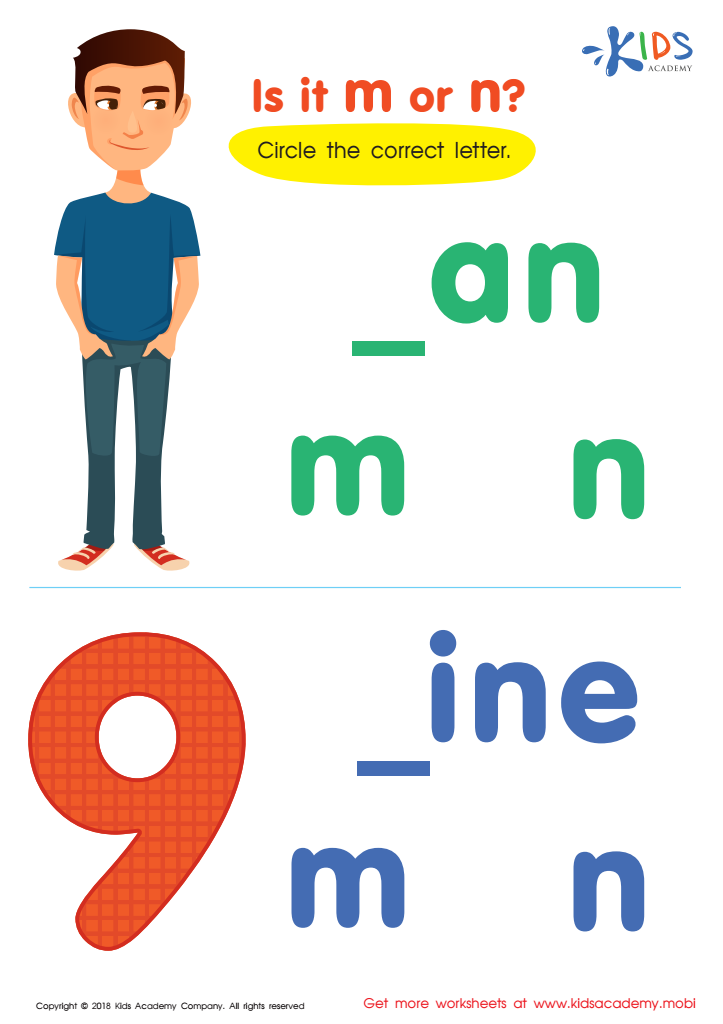

Is It m or n? Worksheet
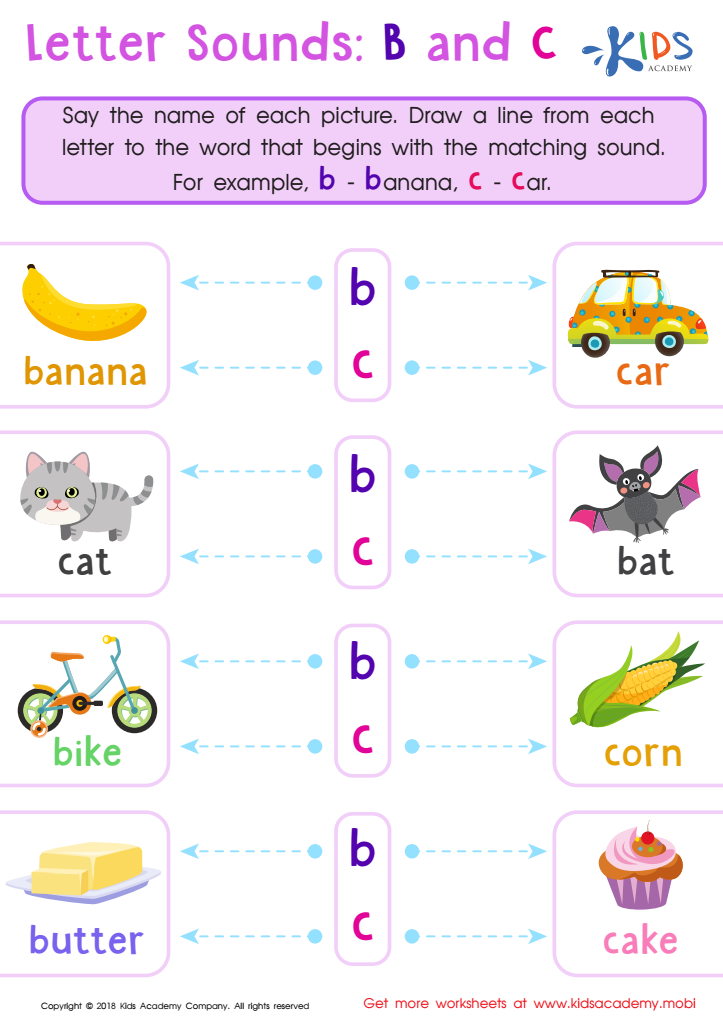

Letter B and C Sounds Worksheet
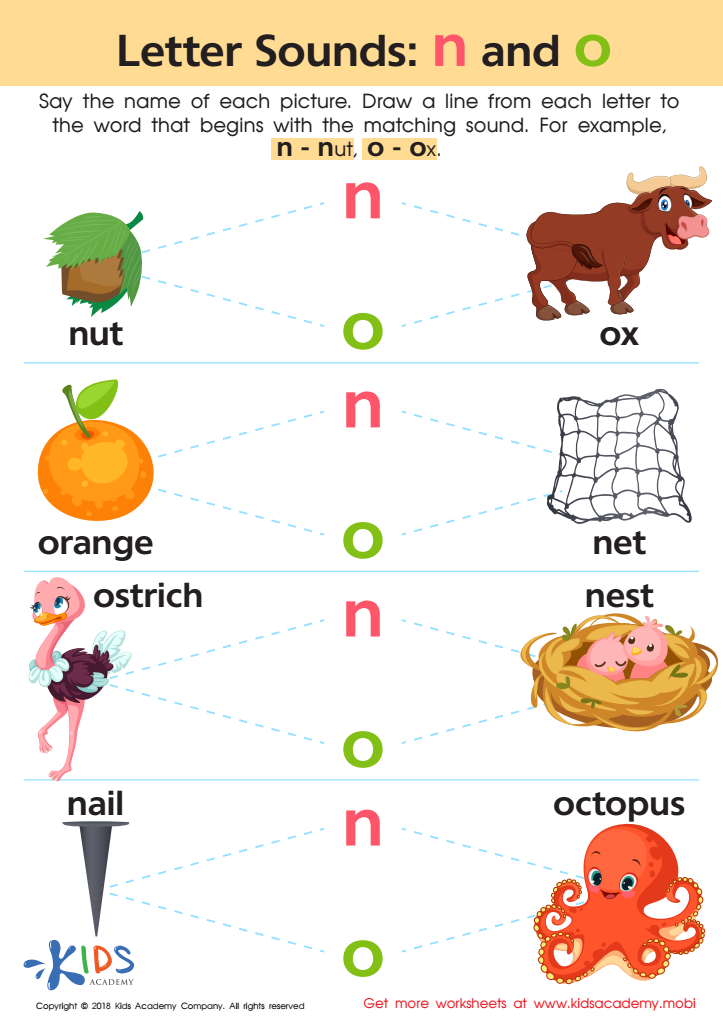

Letter N and O Sounds Worksheet
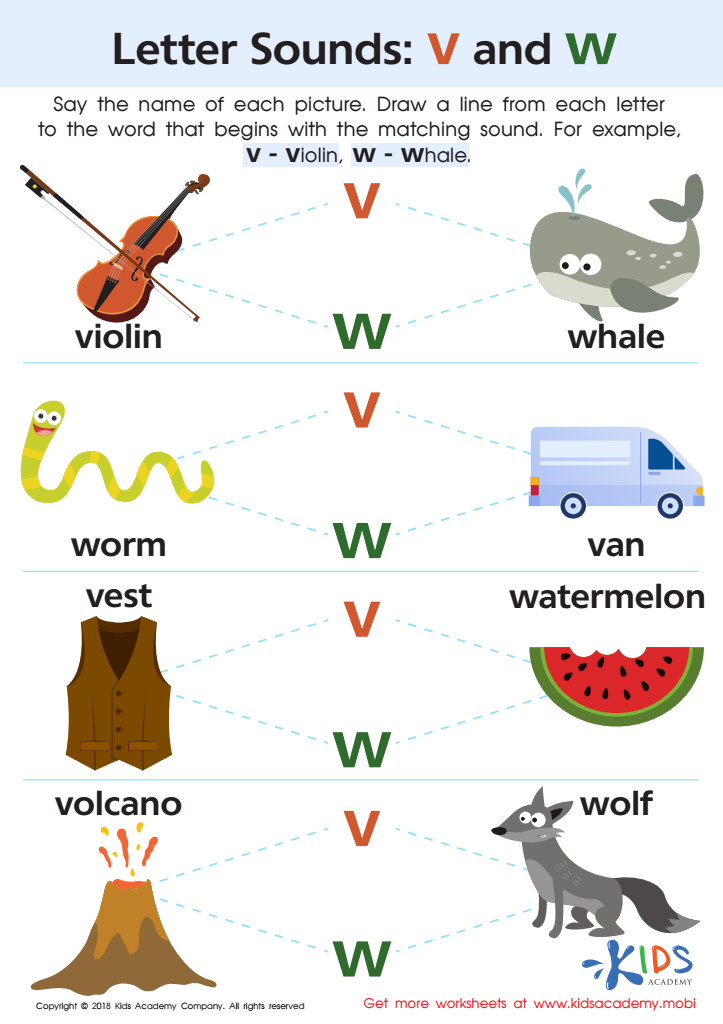

Letter V and W Sounds Worksheet
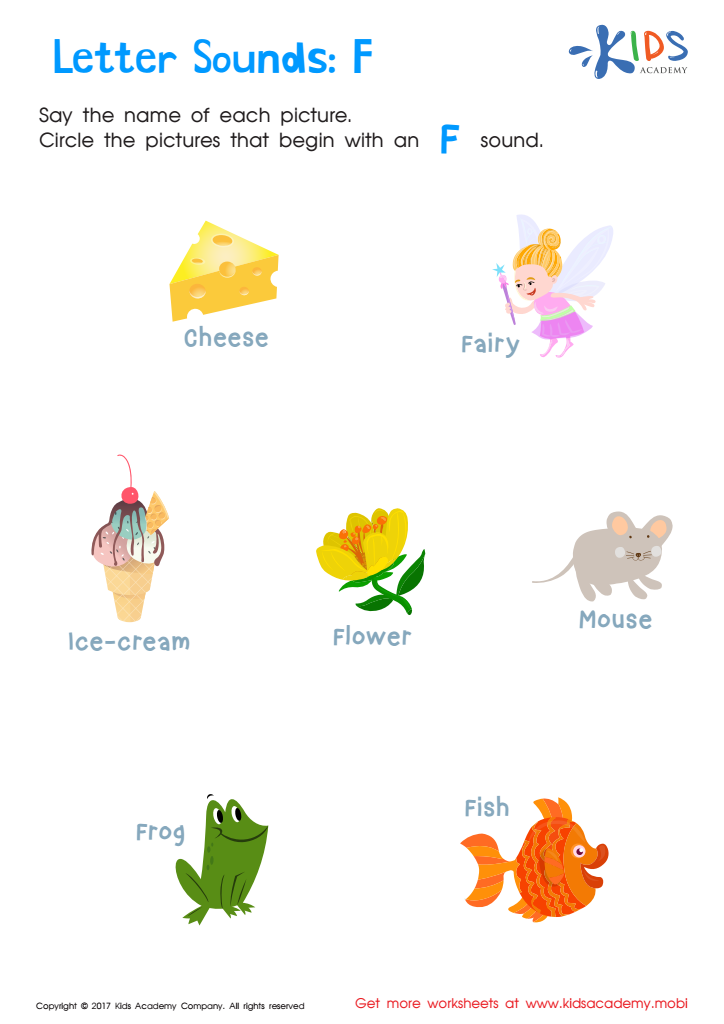

Letter F Sounds Worksheet
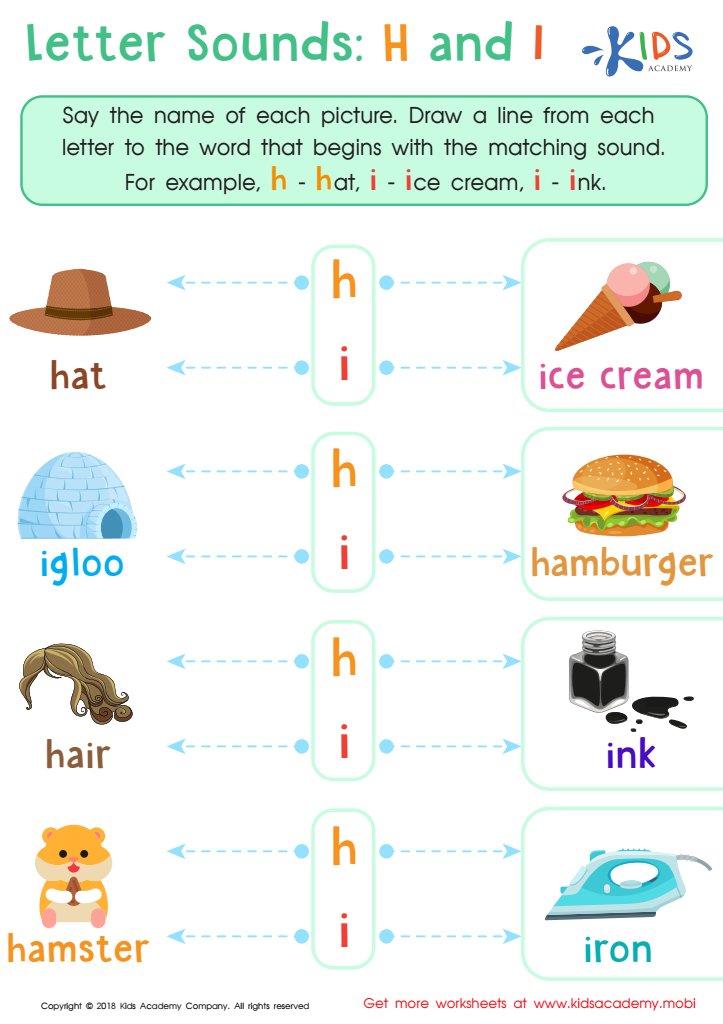

Letter H and I Sounds Worksheet
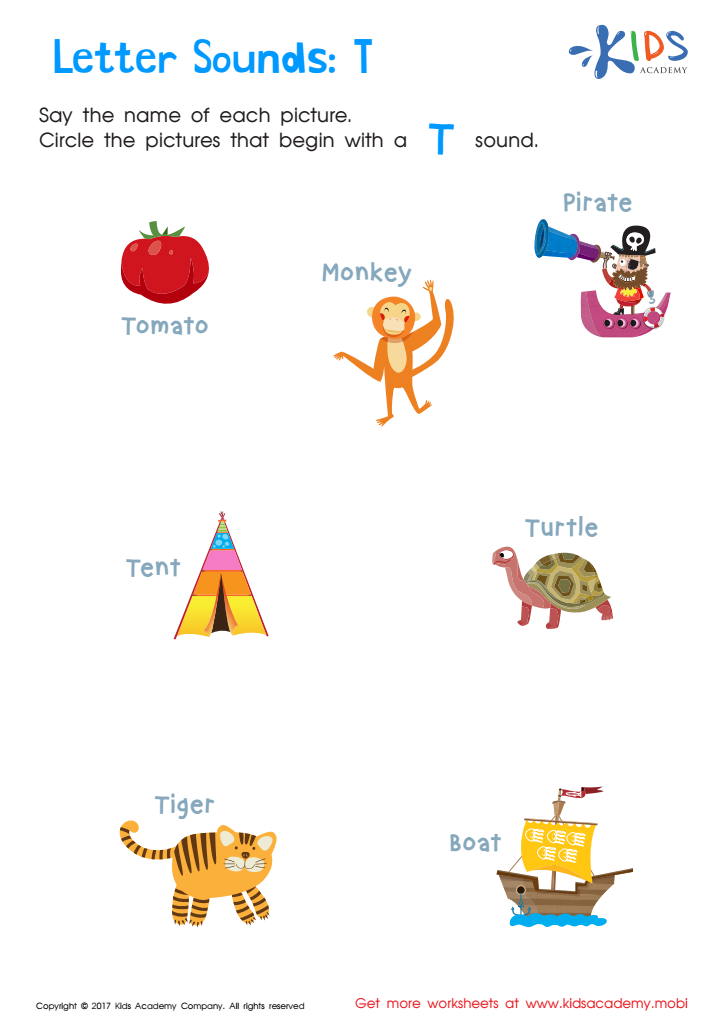

Letter T Sounds Worksheet
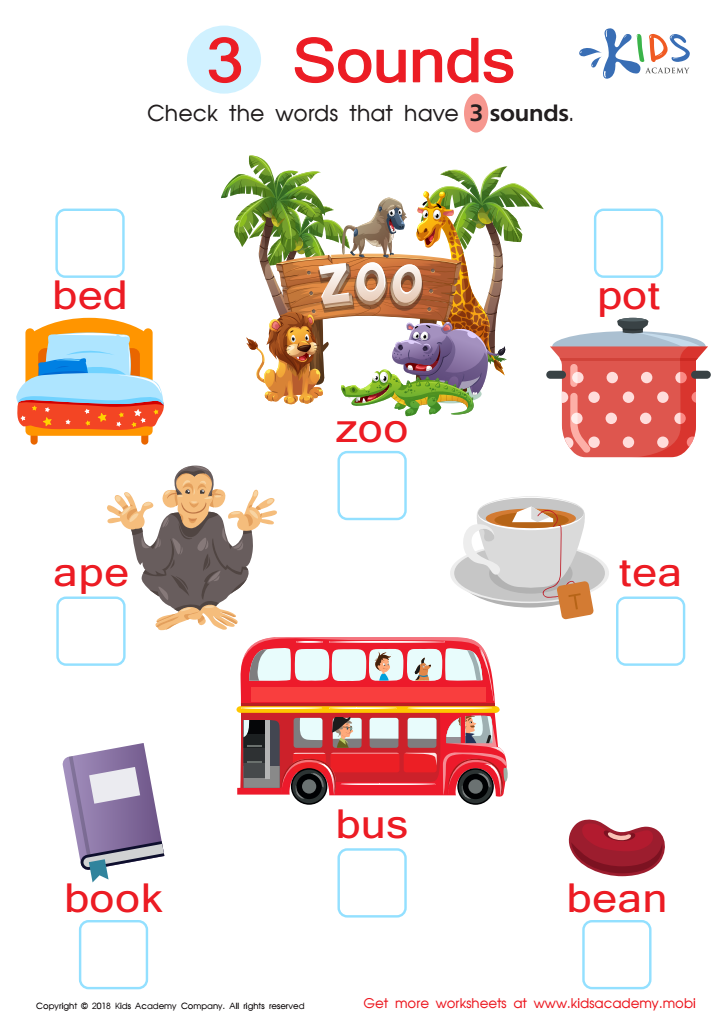

3 Sounds Worksheet
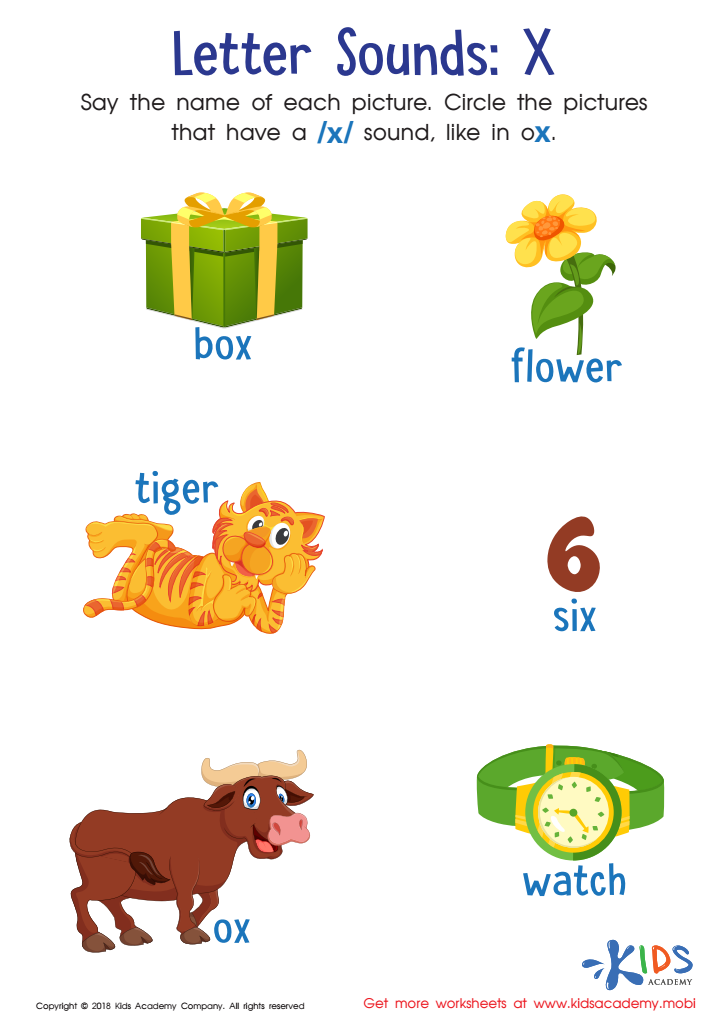

Letter X Sounds Worksheet
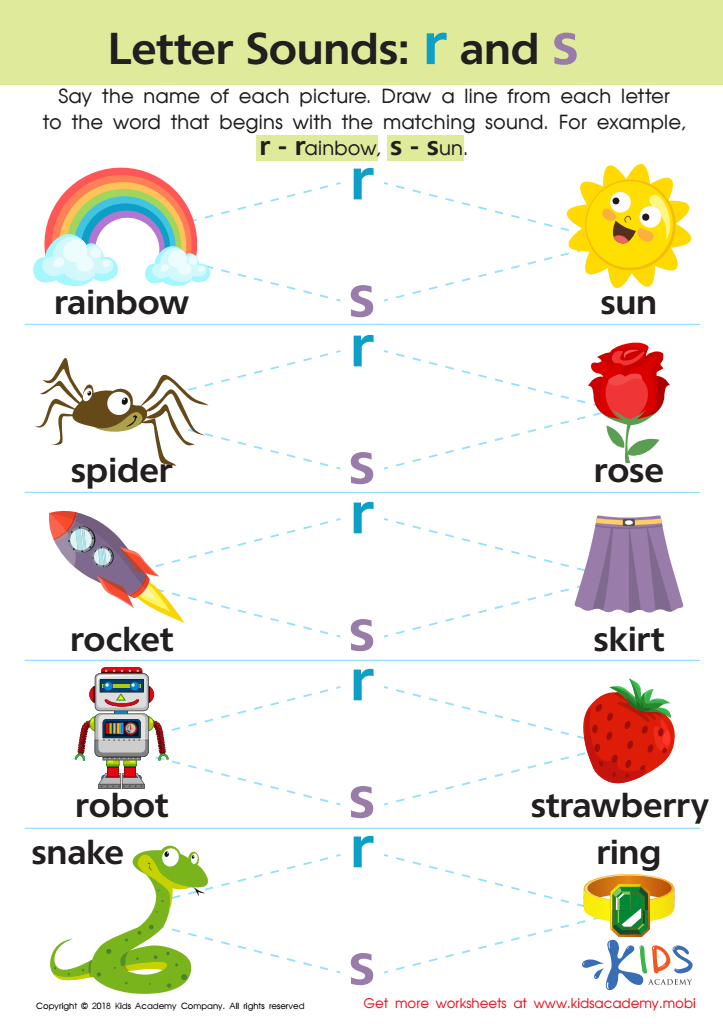

Letter R and S Sounds Worksheet
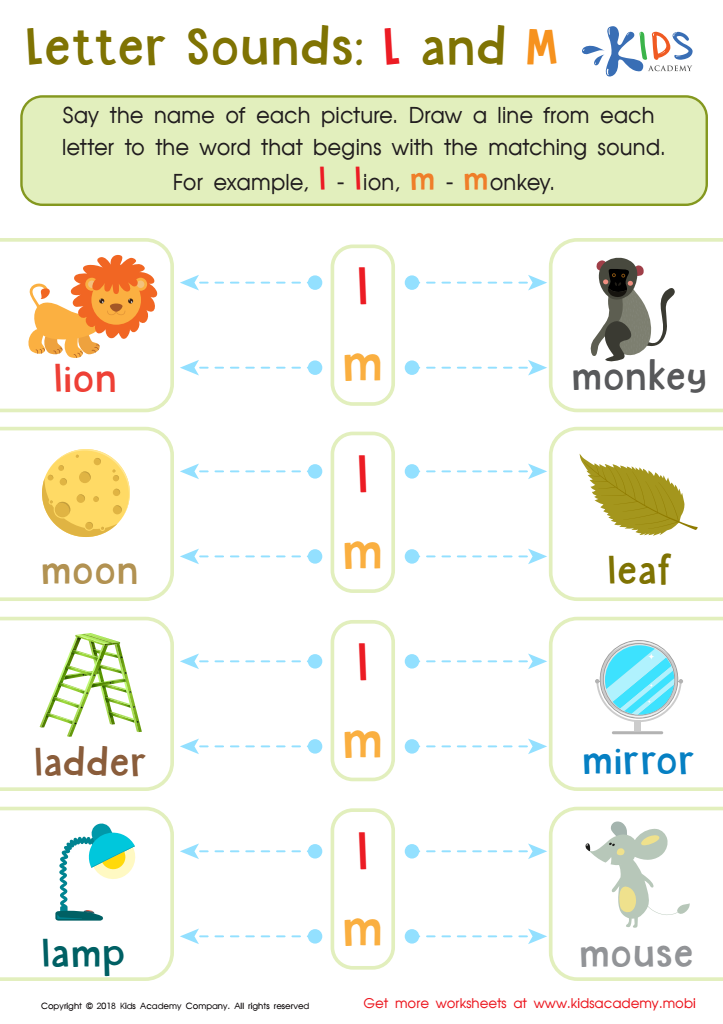

Letter l and M Sounds Worksheet
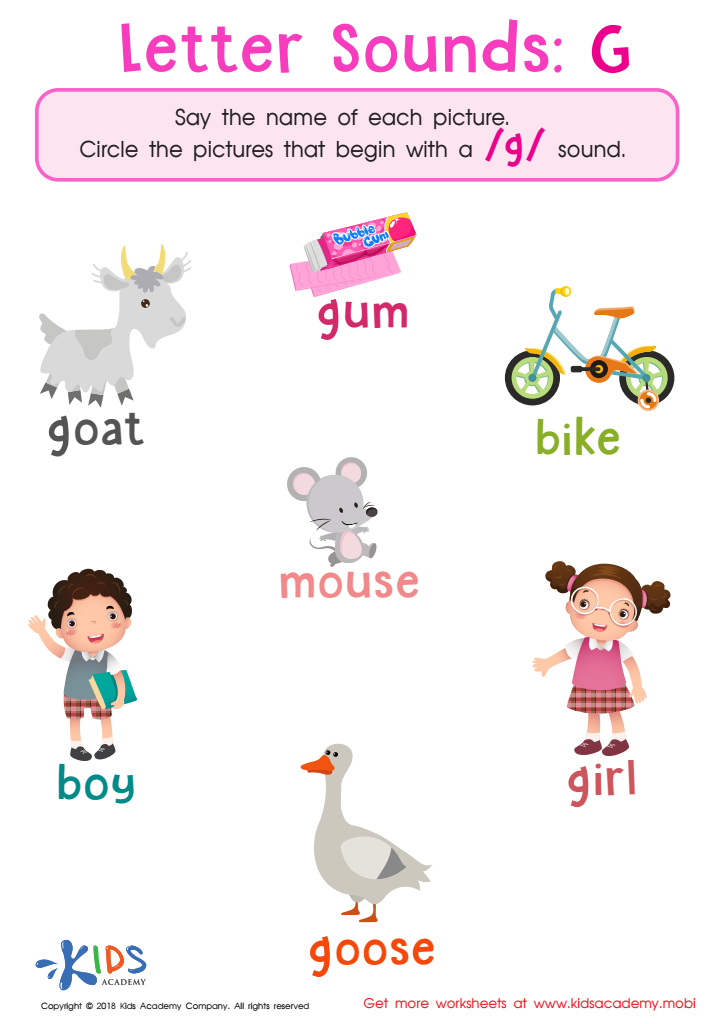

Letter G Sounds Worksheet
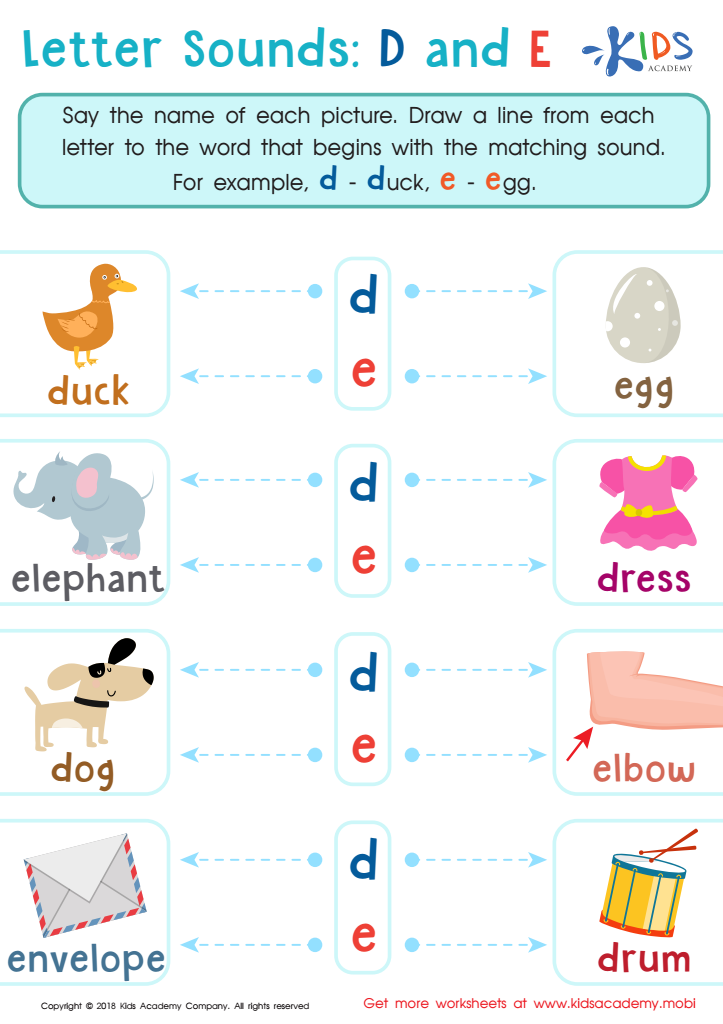

Letter D and E Sounds Worksheet
Letter recognition and letter sounds are foundational skills in early literacy development, crucial for children aged 5-7. When parents and teachers prioritize these skills, they lay the groundwork for successful reading and writing. Letter recognition involves identifying and naming letters, which is essential for children to understand the relationships between written symbols and their corresponding sounds. This awareness enables them to decode words, a critical step in reading.
Additionally, learning letter sounds helps children understand phonemic awareness, which is the ability to break down words into their individual sounds. This skill is vital for spelling and writing as it allows children to encode words effectively. By mastering letter recognition and sounds, children become more confident readers and writers, leading to improved educational outcomes.
Moreover, early exposure to these skills fosters a love for reading and learning, encouraging children to explore new words and concepts. When parents and teachers actively engage with children in activities that promote letter recognition and letter sounds—such as reading aloud, playing phonics games, and offering practice worksheets—they empower children to become proficient readers, enhancing their overall academic success and literacy skills as they progress through school. This investment develops lifelong learning habits that benefit children well beyond their early years.

 Assign to My Students
Assign to My Students





















